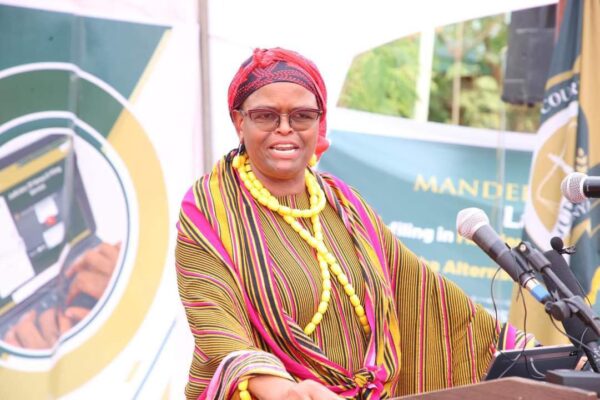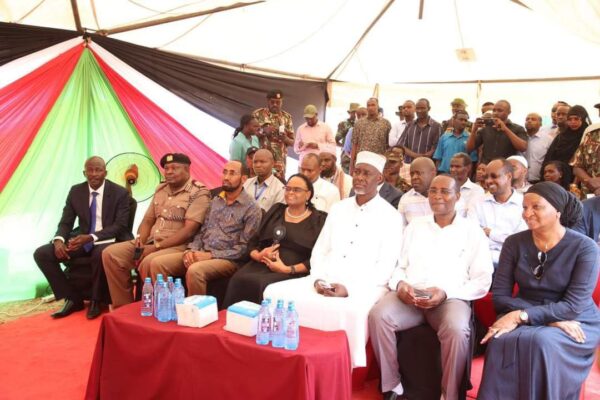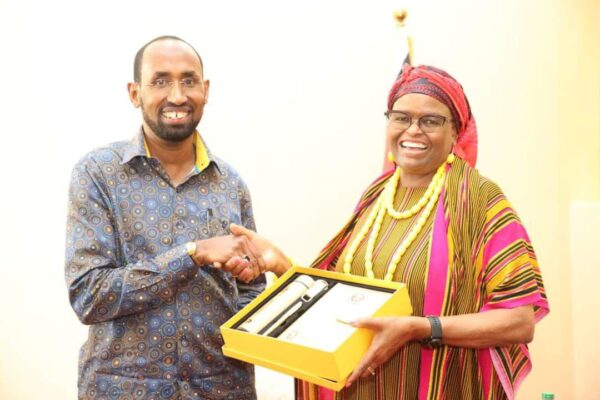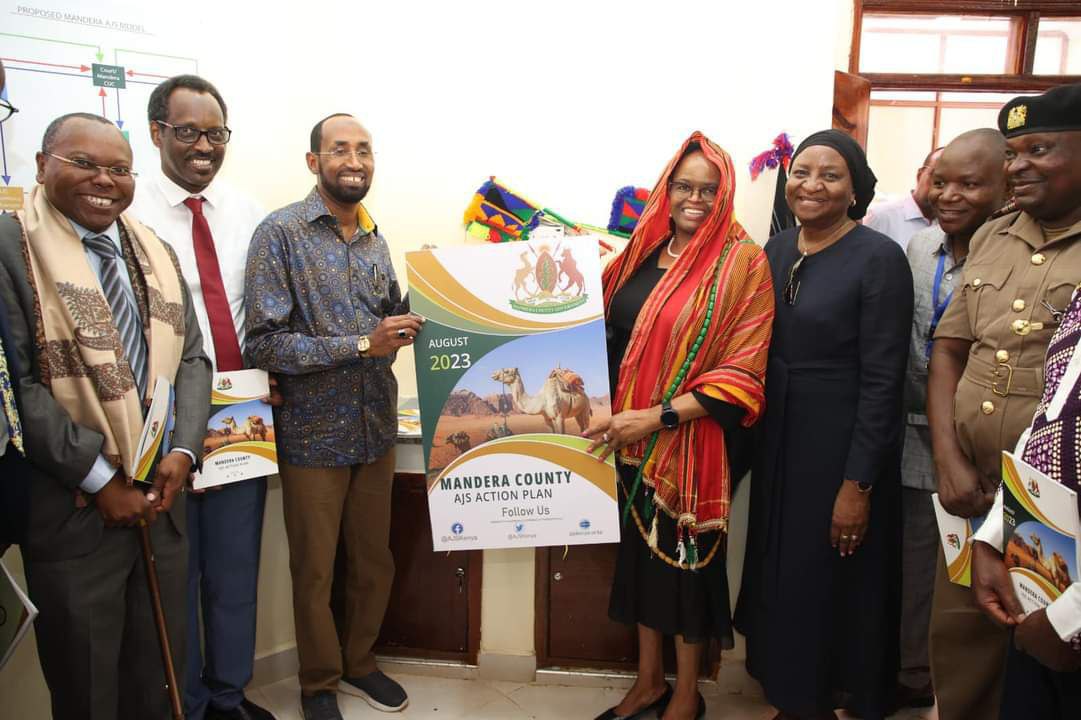Institutionalisation of the alternative justice system in Mandera County, Kenya
In Kenya, there is a growing recognition and implementation of alternative justice systems (AJS) as a means of advancing access to justice. These alternative systems aim to provide different forms to dispute resolution mechanism, including traditional approaches, as long as they do not violate the law. The approach taken in Kenya’s alternative justice system policy is flexible and citizen-focused, aiming to address existing justice gaps and meet the needs of the people.
In Mandera County, Kenya, the implementation of an alternative justice system aligns with the region’s unique cultural fabric. Anchored in customary laws, notably Xeer, with support from Islamic principles, the AJS in Mandera County is championed by elders and religious leaders. This judicious framework is geared towards resolving conflicts rooted in local norms. It plays a critical role, especially in the face of regional security challenges. While the AJS is effective in cultural contexts, complex cases may be referred to religious leaders for resolution. These leaders, command respect for their Islamic faith, which in turn garners acceptance for their judgements. As a result, the number of disputes requiring court referral is significantly reduced. It is significant that AJS has recognised the Xeer that had been signed by the elders and religious leaders of Mandera on 14 September 2021, through the support of the National Cohesion and Integration Commission (NCIC) /Interpeace Kenya peacebuilding programme and has remained in use since. Consequently, a small minority may opt to bring their cases to the formal court system, thus helping to decongest the courts.

Seeking to strengthen the recognition and institutionalisation of the AJS, Interpeace and its partners, the NCIC and the Network for Peace, Cohesion and Heritage (NEPCOH), collaborated with the National Steering Committee Implementation of the Alternative Justice Policy (NaSCI-AJS) to equip local stakeholders with conflict sensitivity and transformation skills and develop an 'Alternative Justice System, County Action Plan' to champion the role of the AJS in resolving conflicts in Mandera. This initiative echoes Interpeace’s mandate with the support of the Federal Foreign Office of Germany, which is grounded in building the capacity of national, sub-national, and local peacebuilding infrastructures to collectively prevent and manage violent conflict. This approach involves establishing peacebuilding frameworks at the community level and nurturing existing structures through support and training. The training, facilitated by trainers from NaSCI-AJS Secretariat, was attended by county officials, the Ceasefire Monitoring Committee (CMC), members of the judiciary, elders, religious leaders, women, youth, and representatives from various peace structures.
During the training sessions, Billow Issack, the County Secretary of Mandera, underscored the role of the Alternative Justice System (AJS) in enhancing the existing justice structure. "The national government recognises the significance of AJS in mitigating issues such as land and other disputes, and the Mandera Governor is committed to the successful implementation of AJS," he assured the stakeholders.

Remarking on the timeliness of the training, Hon. Wasike Magistrate Mandera Court extended gratitude to Interpeace, NCIC, and NEPCOH for facilitating the training. "I hope the collaboration will continue for the AJS to implement its objective of reducing the number of cases that are being referred to the courts as there is congestion and delay in justice, which is justice denied." He appreciated the contribution of elders and religious leaders for actively being involved in using traditional and religious mechanisms to resolve disputes. "AJS respects the culture and religion of the people and is not coming to impose practises that are not acceptable to the community."
Following the training, a draft of the AJS County Action Plan was developed through collective input from the Court Users Committee (CUC) AJS working group, county government officials, women, youth, religious leaders, and elders. The AJS County Action Plan draft was reviewed and validated by the National Steering Committee on Implementation of AJS and later launched by the Chief Justice of Kenya, Justice Martha Koome, who also inaugurated the Maslaha Centre as a centre for discourse and conflict resolution.

"AJS is beneficial because it is closer to the people, more affordable, easier to access, familiar, and less bureaucratic. It also serves as a form of restorative justice. In addition, due to its participatory nature, it ensures more social inclusion. Thus, the launch of the Mandera Maslaha AJS Centre is an additional step geared towards the realisation of the goal of having in place an accessible, efficient, cost-effective, and expeditious system of justice." Her Ladyship Justice Martha Koome, Chief Justice and President of the Supreme Court of Kenya.

